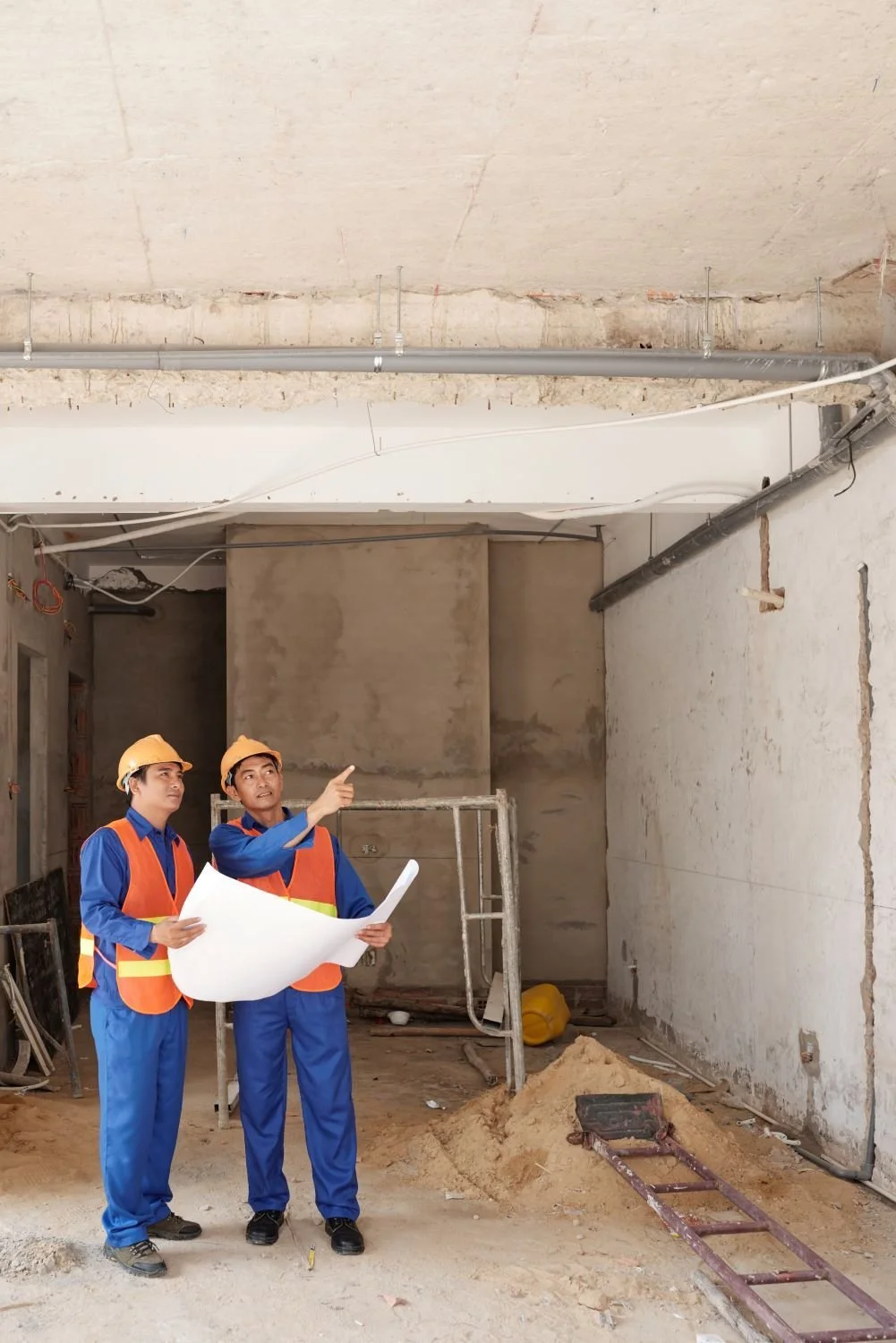Demystifying Differences: Civil vs Structural Engineering
The world of construction and engineering is vast and complex, filled with diverse professionals working together to create the buildings and infrastructure that make up our communities. Among these experts are individuals who specialize in ensuring the safety and stability of structures. They analyze the materials and design of a building and devise innovative solutions to ensure that it can withstand natural forces and the test of time. Whether in a bustling city or a quiet rural area, you rely on these skilled individuals to keep you safe and secure.
Regarding the construction industry, you can get confused about the roles of civil and structural engineers. Some people may even use the two terms interchangeably, not realizing that they are two distinct professions requiring different skills and expertise.
To shed light on the matter, let's take a closer look at the differences between civil and structural engineering companies and debunk some of the common misconceptions associated with each.
What Are the Common Misconceptions about Structural and Civil Engineering Companies?
1. Structural and Civil Engineers Do the Same Job.
While structural and civil engineers may be involved in designing buildings and infrastructure, their focus areas differ. Civil engineers typically deal with the broader aspects of construction, such as planning, designing and maintaining large-scale infrastructure projects like roads, bridges, and water supply systems. On the other hand, experts in structural engineering can analyze and design buildings, bridges and other structures to ensure they are safe and can withstand natural forces such as wind, earthquakes, and floods.
2. Structural Engineers only Work on Large Commercial Projects.
While it's true that many such engineers work on commercial projects like high-rise buildings and large bridges, there is also a demand for their expertise in the residential sector. A residential structural engineer can help ensure the safety and integrity of a home by assessing its foundation, framing and overall structure. It is essential in areas like OKC, where the soil type and weather conditions can have a significant impact on the stability of a building.
3. These Engineers only Come into Play During the Construction Phase.
These engineers are involved in all phases of a construction project, from the initial planning and design stages to the construction and final inspection. They work closely with architects, contractors, and other stakeholders to ensure the building meets all safety standards and codes.
Who Is a Civil Engineer?
A civil engineer is a professional trained in planning, designing, constructing and maintaining large-scale infrastructure projects. These projects can include highways, bridges, airports, water supply systems and sewage treatment plants. Civil engineers work to ensure that these structures are safe, efficient and sustainable.
Civil engineers must have a solid understanding of the physical and mathematical principles that underpin engineering. They must also have a firm grasp of materials science and construction techniques, as well as an awareness of the environmental impact of their work.
In terms of education, civil engineers typically have a bachelor's degree in civil engineering or a related field. They may also have a master's degree, which can help them advance in their careers and take on more complex projects.
Who Is a Structural Engineer?
A structural engineer is a professional trained in analyzing and designing structures, such as buildings, bridges, and tunnels. They use their expertise to ensure these structures are safe and functional and withstand natural forces like wind, earthquakes and floods.
These engineers must have a strong understanding of mathematics and physics and an ability to analyze and interpret data. They must also have a deep knowledge of building materials and construction techniques and an awareness of building codes and regulations.
They typically have a bachelor's degree in civil engineering or a related field. They may also have a master's degree in structural engineering, which can help them specialize in their field and take on more complex projects.
How Both of Them Can Work Together?
While structural and civil engineers have different areas of expertise, they often work together on construction projects to ensure the final product is safe and meets all necessary codes and standards. For example, a civil engineer may be responsible for the overall design and layout of a building or infrastructure project. At the same time, the other will focus on the design of individual components such as the foundation, columns, and beams. The two professions often collaborate to ensure the structural design fits within the larger civil engineering plan.
In addition to collaboration, structural and civil engineers must also communicate effectively with other professionals involved in the construction process. It includes architects, contractors and construction workers. By working together and communicating effectively, they can ensure the project is completed efficiently, safely and within budget.
Ram Jack by American Leveling Company - Your Go-To Residential Structural Engineer in OKC
Are you concerned about the stability and safety of your home? Don't wait until it's too late - take action today and schedule a consultation with one of our expert residential structural engineers in OKC. At Ram Jack by American Leveling Company, we provide top-notch services to ensure the safety and longevity of your home. Let us put our over decades of experience in the construction industry to work for you. Contact us now to learn more about our services and how we can help you protect your most valuable investment - your home.

